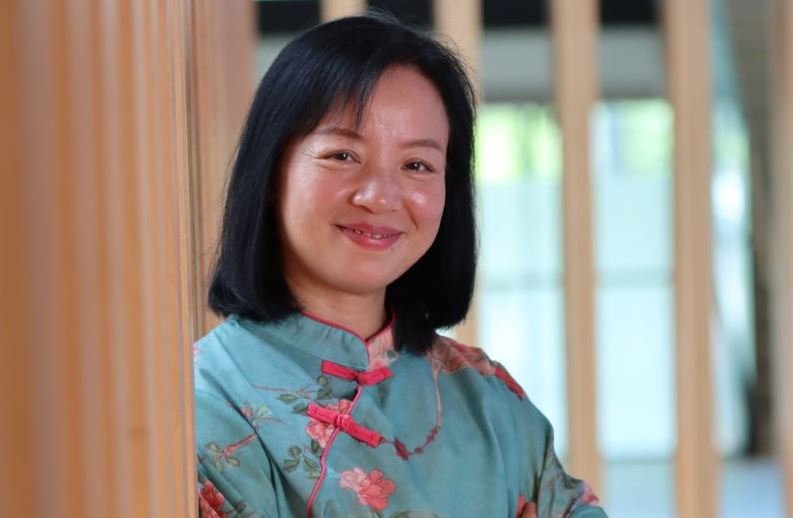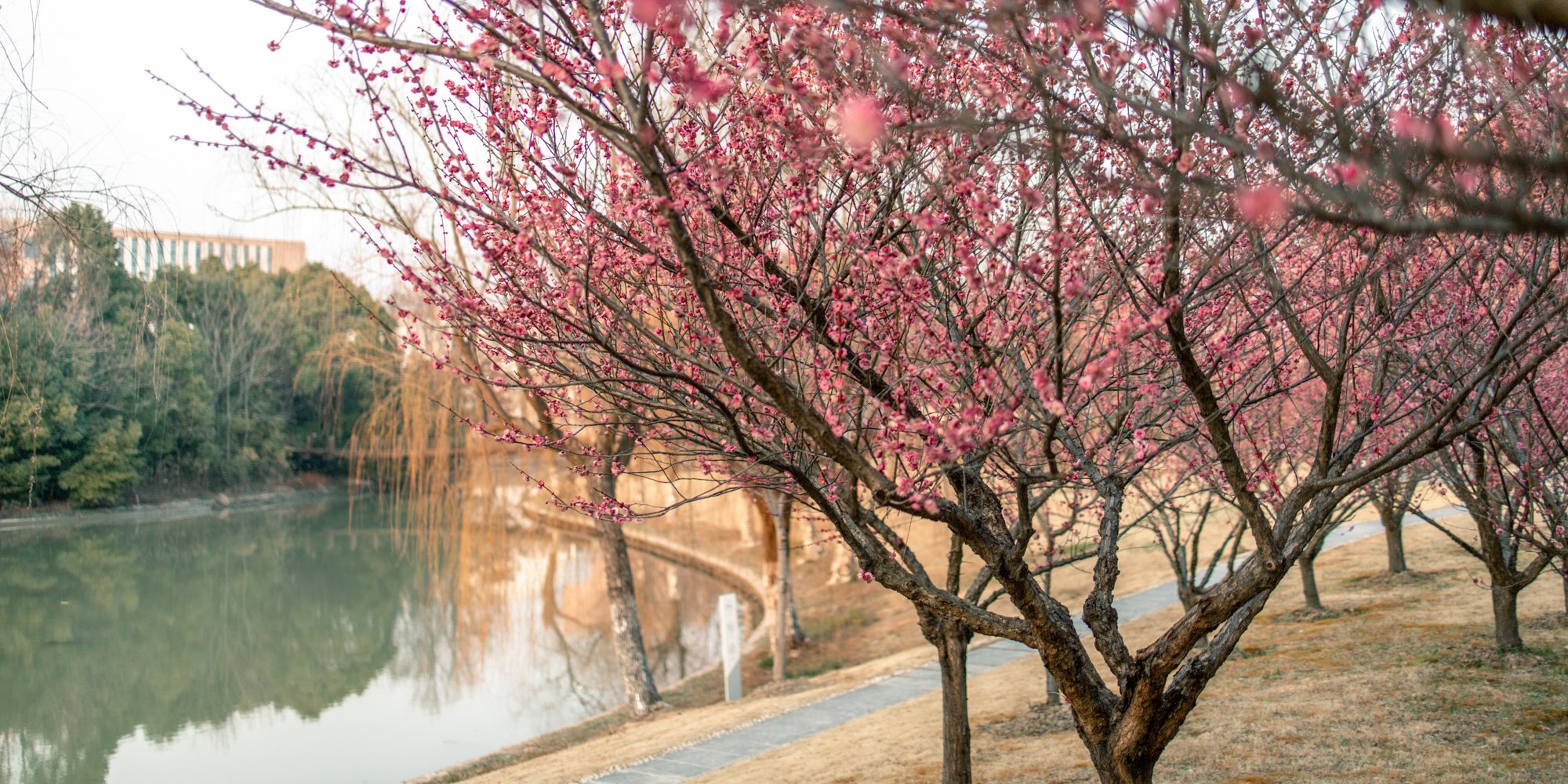
由仁義行,非行仁義也。
A great person acts out of humaneness and responsibility, they do not act for humaneness and responsibility.
-Mencius
讲座 Lecture Series
Lectures will be held monthly on Zoom starting in September and ending in May. Each month will feature a different professor who will present either their most important work or more recent research. Lectures will be ninety minutes with the time divided as the individual professor sees fit. Anyone interested in the lectures are welcome to attend. We hope professors and students alike will participate in these meetings.
In the week following the lecture, a Student Discussion Forum, hosted by a graduate student and also on Zoom, will take place. These sessions will be two hours. Any student who attended the lecture is welcome to attend the Discussion Forum. Attending the lecture is a prerequisite to participating in the discussion session, however, anyone is welcome to listen.
If you would like to participate please contact us at sihaiweixue@hotmail.com
All lectures will be recorded and shared with anyone interested.

Inaugural Address by Professor Yang Guorong, East China Normal University:
"How to do Philosophy"
Moderated by Professor Yu Zhenhua
East China Normal University
August 30th at 8pm Beijing time
2022-2025
Schedule of Lectures
-
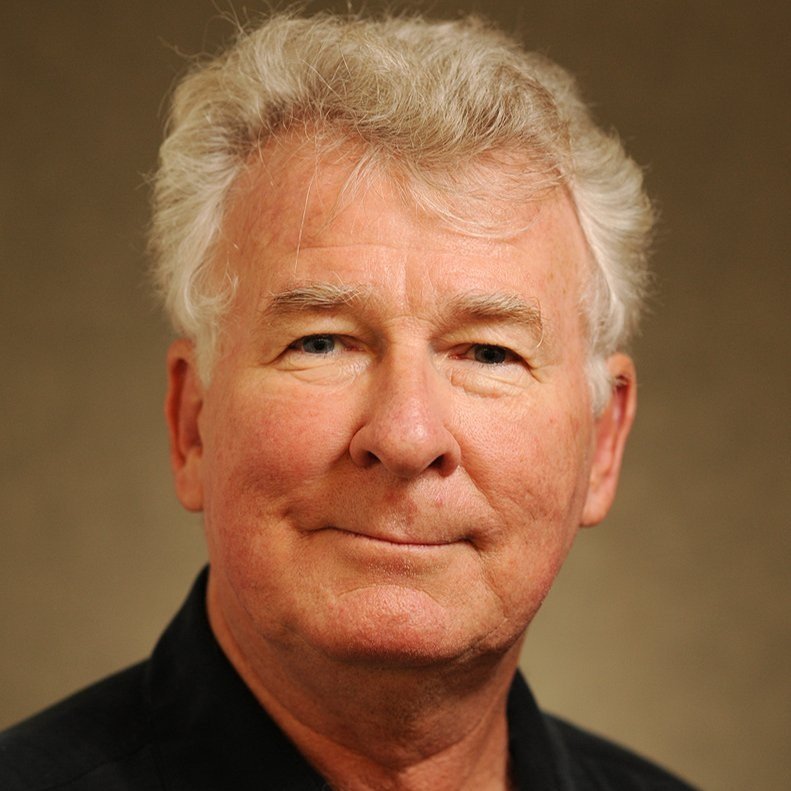
Roger T. Ames, Peking University
“The Confucian Concept of the Political and ‘Family Feeling’ (xiao 孝) as its Minimalist Morality”
(Finished)
-

Michael Nylan, University California Berkeley
“Xue 学: ‘Learning and Emulation’”
(Finished)
-

Tim Connolly, East Stroudsburg University
Workshop: “Methods of Comparative Philosophy: Introduction and Discussion”
(Finished)
-

Robin Wang, Loyola Marymount University
“Metaphysics Against Aggression: What Rou (Suppleness) Can Teach Us?”
(Finished)
-

Stephen Angle, Wesleyan University
“Growing Moral: Living as a Progressive Confucian in the Twenty-First Century.”
(Finished)
-

Franklin Perkins, University of Hawai’i
“On ‘Doing What You Really Want’”
(Finished)
-
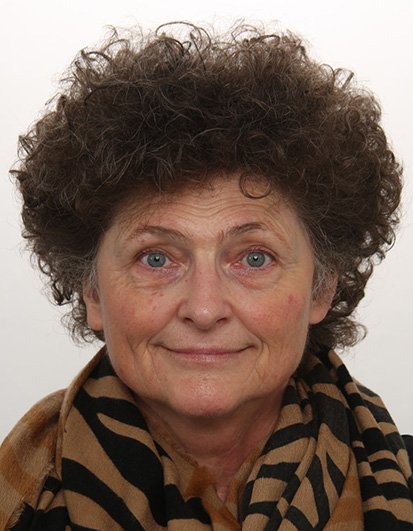
Jana Rošker, University of Ljubljana
“Transcultural Approaches in Chinese Philosophy and the Method of Sublation”
(Finished)
-
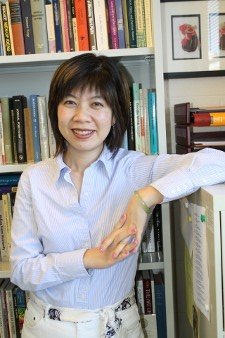
Ann Pang-White, University of Scranton
“Reappraising Ban Zhao: The Advent of Chinese Women Philosophers”
(Finished)
-

Carine Defoort, University of Leuven
“The Many Faces of Confucianism: How to Better Understand China”
(Finished)
-

Deborah Sommer, Gettysburg College
“Unusual Depictions of Confucius”
(Finished)
-
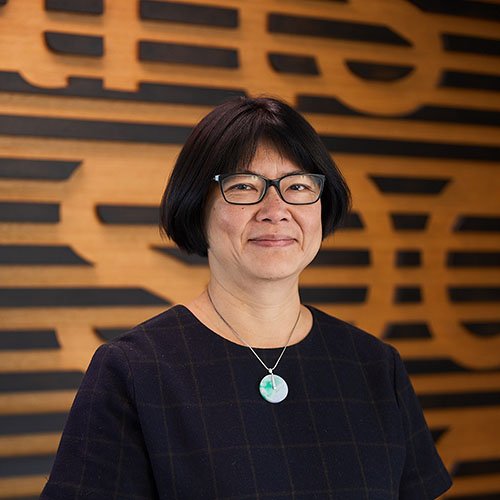
Karyn Lai, University of New South Wales
“Encountering the Other: The Heart of Mengzi’s Moral Philosophy”
(Finished)
-

Michael Puett, Harvard University
“How to Read the Past: Philosophy and History in Early China”
(Finished)
-

Huang Yong, Chinese University of Hong Kong
“How Can Moral Expressivism Be Based on Moral Realism: The Case of Wang Yangming”
(Finished)
-

Li Chenyang, Nanyang Technological University
“A Confucian Principle of Progressive Humanity”
(Finished)
-

Edward Slingerland, University of British Columbia
“Literature, Moral Perception and Early Confucian Virtue Ethics”
(Finished)
-
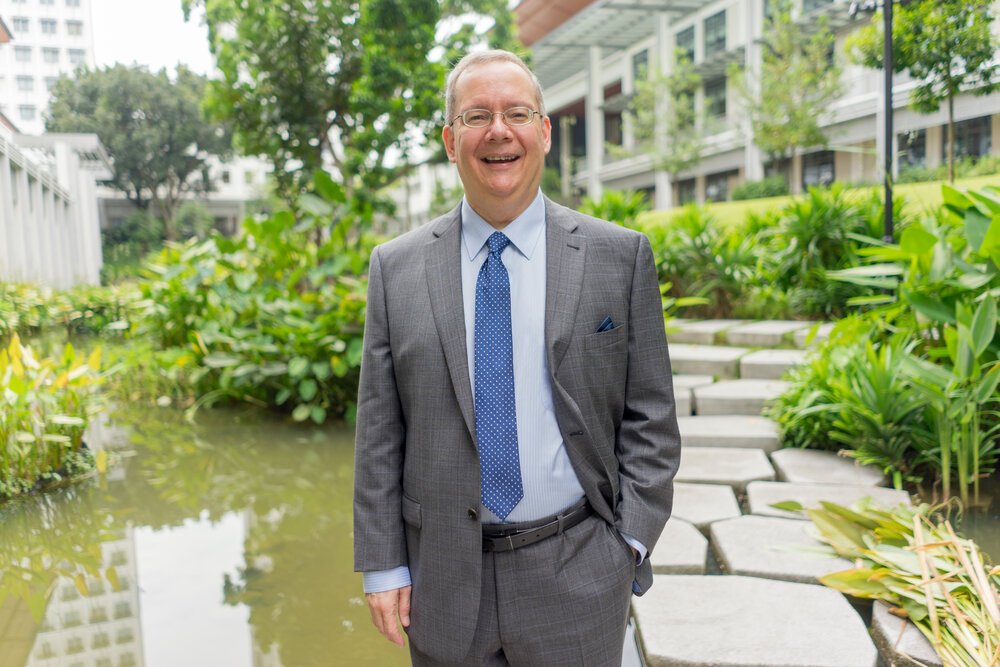
Bryan Van Norden, Vassar College
“Confucius on the Philosophy of Language: How NOT to Rectify Names”
(Finished)
-

Sandra A. Wawrytko, San Diego State University
“Fixed Mind VS. Growth Mind”
(Finished)
-

Ellen Ying Zhang, University of Macau
“Is the Karmic Act Free or Determined?”
(Finished)
-

Ni Peimin, Grand Valley State University
“Four Dimensions within Mencius’s Theory of Human Nature”
(Finished)
-

Leigh K. Jenco, London School of Economics and Political Science
“Authentic, Accurate, Real: Validity and the Cult of Qing (Emotion) in Late Ming Poetic Criticism”
(Finished)
-

JeeLoo Liu, California State University, Fullerton
“Could Social Robots Without Phenomenal Consciousness Be Morally Competent?”
(Finished) -
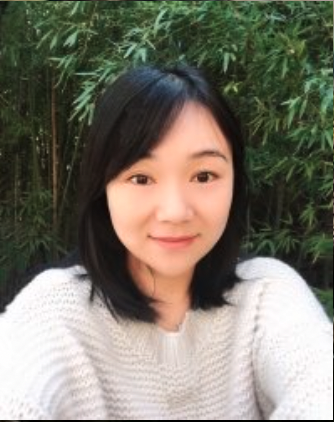
Ping Zhu, UC San Diego
"Women’s Affective Labor in the Red Army’s Propaganda"
(Finished)
-

Tim Connolly, East Stroudsburg University
“Sharing Transformative Experience:
A Confucian Perspective”(Finished)
-

Mark Csikszentmihalyi, UC Berkeley
"Portrayals of the disciples and the development of Early Confucianism"
(Finished)
-

Fabian Heubel, Academia Sinica
“Without Nothingness: Reflections on Transcultural Entanglements of Being and Way”
(Finished)
-

Anna Baka, Ca' Foscari University
“Philosophical foundations of Legal Policy:
Bridging Gaps between EU and China”February 28th, 19:00 Beijing Time
-
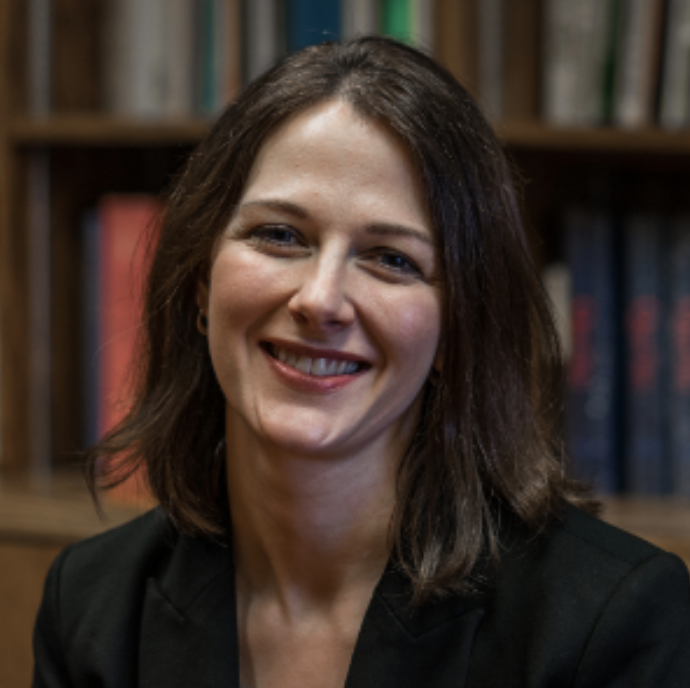
Erin M. Cline, Georgetown University
“Reframing Women in the Analects”
April 24th, 20:00 Beijing time
-

Tzeki Hon, Geneseo College
“The Philosophy of Change in the Yijing”
April 26th, 9:00am Beijing time.
-
Shirley Chan, Macquarie University
“Conceptualizing Crisis in Ancient China”
December 4th, 9:00am Beijing time.
-
Ranjoo Herr, Bentley University
Confucian Gender Equality
September 24rd, 9:00am Beijing Time
-

Ronnie Littlejohn, Belmont University
"The Perfected Person in Chinese Thought"
November 21st 9:00am (Beijing time)
-

Livia Kohn, Boston College
“Daoist Ethical Living”
June 2025
-

Peter Hershock, East West Center
Topic TBD
October 2025
-

Mara Yue Du, Cornell University
Topic TBD
January 2026
-

Dirk Meyer, Oxford University
Topic TBD
February 2026
-

Louise Edwards, University of New South Whales
Topic TBD
March 2026
-

Hui Faye Xiao, University of Kansas
Topic TBD
March 2026
-

Monika Kirloskar-Steinbach, Vrije Universiteit Amsterdam
Topic TBD
April 2026
-
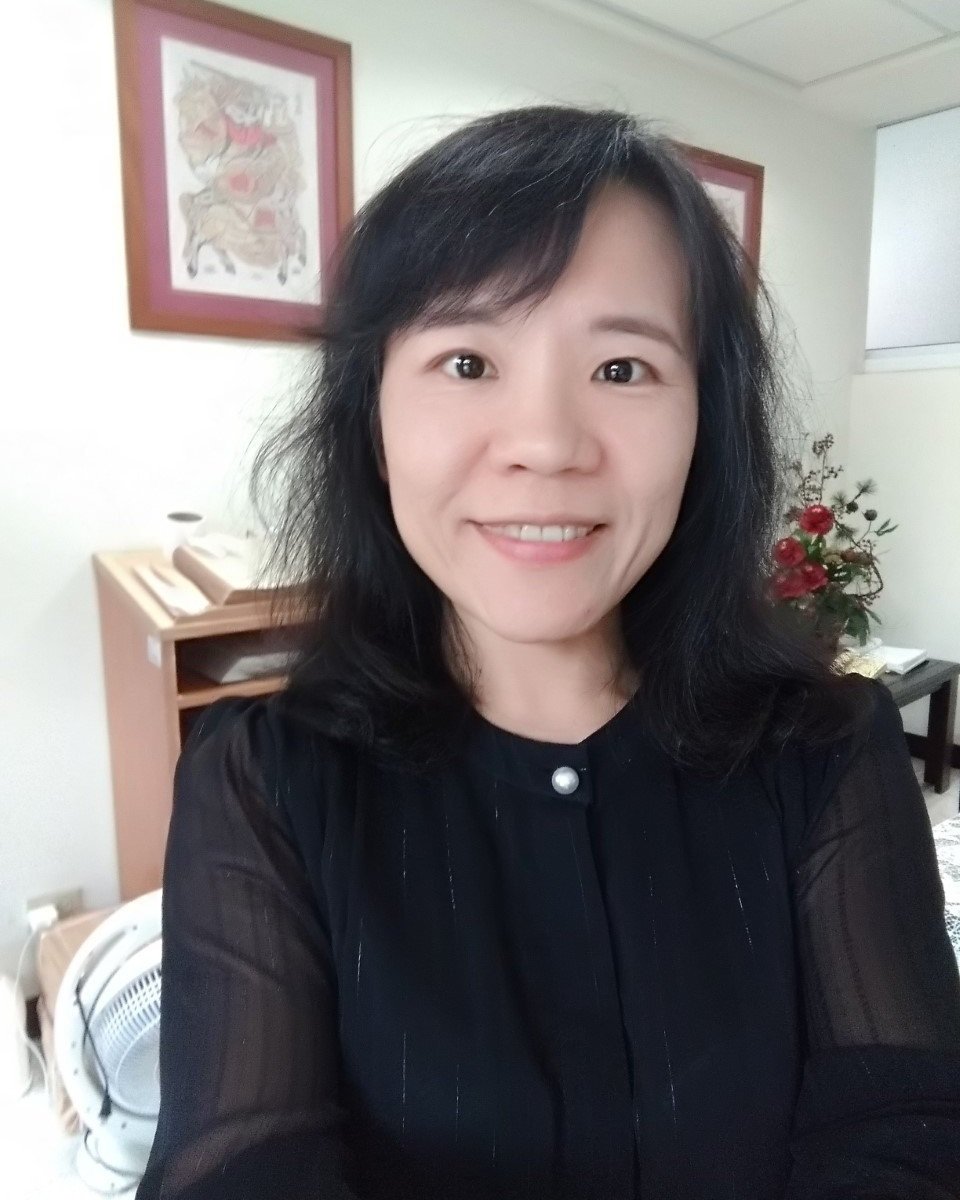
Ellie Hua Wang, National Chengchi University
Topic TBD
May 2026
Guidelines for Lectures
“To Cooperate”
For some what is most important is differences; they are what make comparative studies interesting. Others are adamant in emphasizing the similarities; they uncover the commonalities across cultures. In the 四海为学 “Collaborative Learning” project we appreciate both sides. The common goal is cooperation. This is what the 四海为学 “Collaborative Learning” project, both in the lecture and seminar series, is ultimately geared towards.
Regardless of differences and similarities, and precisely because of them, cooperation is our shared goal. We think that general patterns can be very effective in thinking about how people, governments, and concepts in the West operate versus those in the East. We also think that there is much that is shared. There are many threads that can bridge differences.
In some sense we cannot help but notice general differences when comparing the East and West on anything from students and teachers to institutions, and in everything from food to politics. But we also notice that people in China are hugely diverse, and that even in the most close-knit Western families differences can dominate. Likewise, some teachers in China may feel more at home in a Western classroom and vice-versa. Our lecture series aims, first and foremost, at fostering cooperative learning. “To cooperate” is the guiding directive of this project.
四海为学 means people from all over coming together to study. “Collaborative Learning” means learning about differences and similarities; between oneself and others, in and between groups, as well as within one’s own self.
We no more promote sameness than celebrate difference. Our guiding directive “to cooperate” is broad, and should be filled in with contextualized and nuanced communications.
Q&A Discussions
We heartily invite critique and even criticism in philosophical exchanges. We take well-intended, constructive criticism to be indispensable in “Collaborative Learning;” it is the way to learn about and from one another, broaden each other’s views, and create a trustworthy collaborative atmosphere. In this spirit, we will actively discourage instances of “self-promotion,” “navel gazing,” and grandiloquent expression.
We very much hope that questions for speakers will be actual questions. Inquiries designed to elicit a certain response for further rebuttal, to display superior knowledge or belittle, and various forms of grandstanding are not welcome. At all.
All questions should be asked with an earnest interest at hearing the speaker’s response.
The 四海为学 “Collaborative Learning” project genuinely seeks to rework the current atmosphere of many academic exchanges through collaboratively reinventing some of the most important rituals of academic life. We will actively promote those who share our concerns and help us with this endeavor, and sincerely welcome suggestions, comments, and criticisms regarding our theoretical frameworks and practices.
Participate
All lectures will take place on Zoom.
Registration is free for everyone and open to all.
Direct any questions to: sihaiweixue@hotmail.com
All lectures will be recorded and shared with anyone interested.



